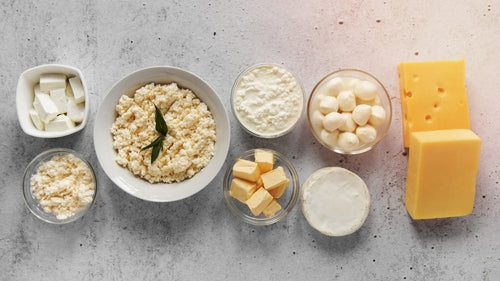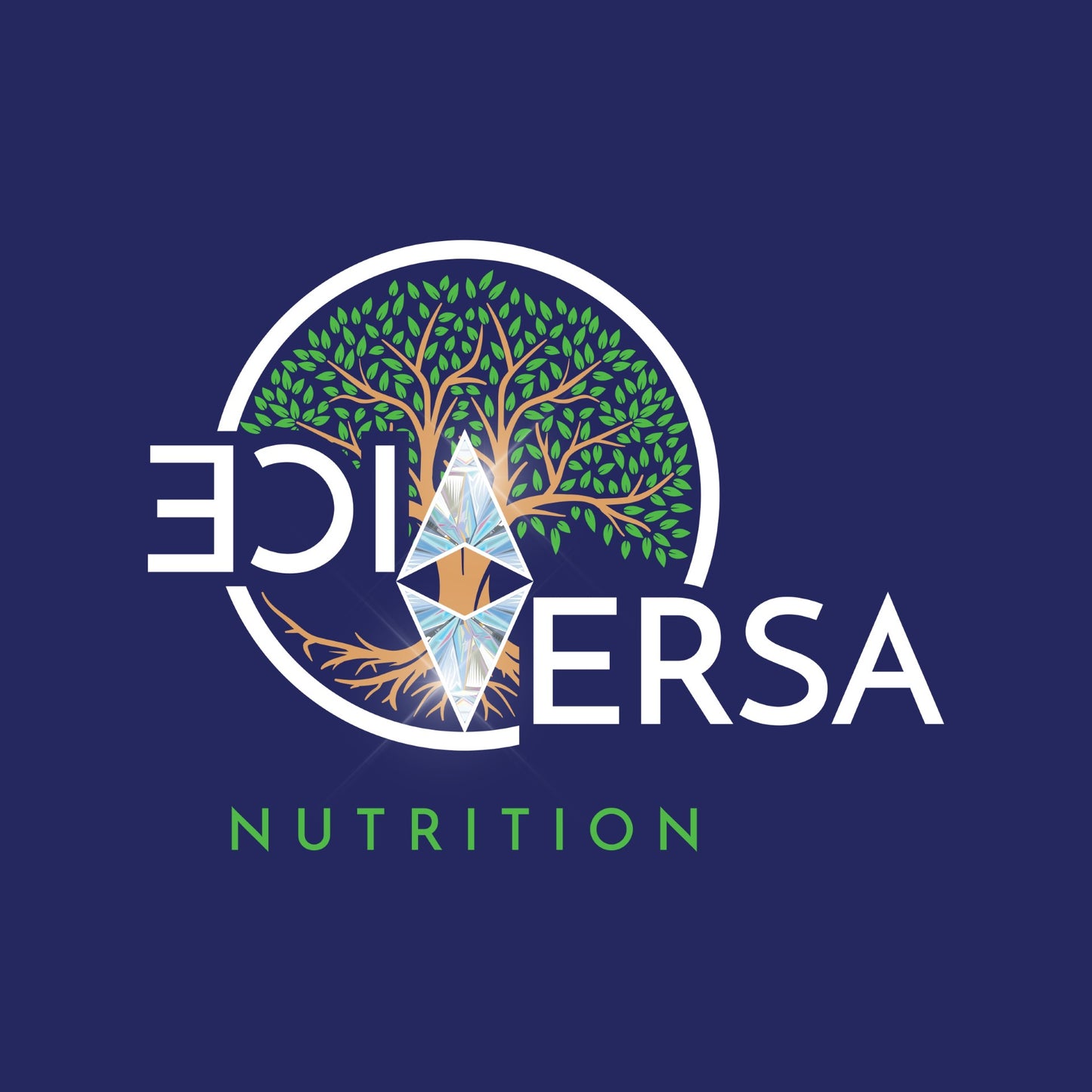
Dairy has been consumed for centuries, but in today's world, it has become a controversial topic. It is important to understand the potential benefits and adverse effects of consuming dairy in order to make an informed decision about whether or not it is the right choice for you. In this blog post, we will explore what dairy is and the impact it can have on our body.
What is Dairy
Dairy is a term used to refer to any product derived from the milk of animals like cows, goats, or sheep. This includes products such as milk, cheese, yogurt, and butter. For centuries, dairy has been a staple food item consumed by people around the world. It is an excellent source of essential nutrients like calcium, vitamin D, and protein, which are crucial for maintaining strong bones and overall good health.
In recent years, the consumption of dairy has become a controversial topic due to concerns about its adverse effects on health. Some people have also adopted plant-based diets, which exclude dairy products, due to ethical and environmental reasons. Nevertheless, dairy remains a prevalent food item in many cultures, and it continues to be consumed in various forms worldwide.
While dairy is generally derived from the milk of cows, it can also come from other animals. For example, goat milk is popular in some cultures and is often used to make products like cheese and yogurt. Sheep milk is another lesser-known dairy source that is often used to make high-quality cheeses.
Benefits of dairy
Dairy has been a staple in many cultures around the world. It has long been associated with good health and strong bones, thanks to its rich nutrient content. In this section, we’ll explore some of the benefits of dairy in more detail.
- Good Source of Calcium:
One of the most well-known benefits of dairy is its high calcium content. Calcium is an essential nutrient that helps to build strong bones and teeth, and dairy products like milk, cheese, and yogurt are some of the best sources of calcium. Consuming adequate amounts of dairy can help reduce the risk of developing osteoporosis, a condition that causes bones to become brittle and fragile.
- High-Quality Protein:
Dairy products are also a good source of high-quality protein. Protein is an important macronutrient that is needed for building and repairing tissues in the body. It also helps to keep us feeling full and satisfied, making it a great addition to meals and snacks.
- Essential Vitamins and Minerals:
Dairy is also a rich source of essential vitamins and minerals, including vitamin D, vitamin B12, and potassium. Vitamin D helps the body absorb calcium, while vitamin B12 is needed for the formation of red blood cells. Potassium is essential for maintaining healthy blood pressure and heart function.
- Weight Management:
Studies have suggested that consuming dairy products may also be beneficial for weight management. The high protein and calcium content in dairy can help to increase satiety, which can lead to a decrease in overall calorie intake. In addition, consuming low-fat dairy products can help to reduce the risk of developing obesity.
It’s clear that dairy can be an excellent source of nutrients for many people. However, it’s important to note that not everyone can tolerate dairy due to lactose intolerance or other digestive issues. Additionally, some people choose to avoid dairy for ethical or environmental reasons. In the next section, we’ll explore some of the potential adverse effects of dairy in more detail.
Adverse effects of dairy
While there are numerous benefits of consuming dairy, it is important to recognise that there are also potential adverse effects that come with it.
Lactose Intolerance: Many people have difficulty digesting lactose, a sugar found in dairy products. Lactose intolerance can lead to digestive issues such as bloating, gas, and diarrhoea. Individuals who are lactose intolerant may need to seek alternative sources of calcium and vitamin D, which are both important nutrients found in dairy.
Acne: Some studies suggest that consuming dairy products, particularly milk, may increase the risk of developing acne. This may be due to the hormones present in milk, which can trigger inflammation in the body.
Weight Gain: While dairy can be a part of a healthy diet, consuming too much can lead to weight gain. Dairy products are often high in calories and fat, and excessive consumption can contribute to obesity and other health issues.
Dr Mark Hyman M.D. speaks out loud on dairy products in today's world “ We’ve been told over and over again that dairy is a great source of calcium; that milk makes healthy bones and we should drink it daily. I’m here to tell you that this is not true. Cow’s milk from conventionally raised cattle contains dozens of reproductive hormones, allergenic proteins, antibiotics, chemicals, inflammatory compounds, and growth factors, some of which are known to promote cancer. While humans are the only species that continue to drink milk after weaning, we have no biological requirement for this food. Moreover, the milk we drink today is not what our grandparents drank.”
Hyman includes in his podcasts that calcium and vitamins D are added to the production of milk. He states that the quality of the milk depends on the quality of life the cow lives. If the cow is living in poor condition, being fed with hormones and antibiotics the cow is under a stress environment, therefore when producing milk all hormones are released from the cow into the milk we drink today.
This is a really interesting topic, if you would like to listen more you can click on the link:
https://drhyman.com/blog/2022/01/03/podcast-ep473/
Alternatives of Dairy
With concerns rising about the health and environmental impacts of dairy, many people are looking for alternatives to incorporate into their diets. Luckily, there are plenty of delicious and nutritious options available.
One popular alternative is plant-based milk, such as almond, soy, or oat milk. These milk alternatives are often fortified with calcium and vitamin D, making them a good source of these important nutrients. Plus, they’re typically lower in calories and saturated fat than cow’s milk.
Another option is dairy-free yogurts and cheeses, made from soy, coconut, or nut milks. These can be used in place of traditional dairy products in recipes or enjoyed on their own as a snack.
It is important that when choosing dairy or non dairy products that they are sourced from eligible suppliers that have met the production and processing standards. We can also look at choosing organic options that eliminate chemical contaminants, in doing so they will be stacked with more nutrients.
You may also want to read our Organic Food blog post.
Thank you for taking the time to read this blog post. I hope you have a great day!
